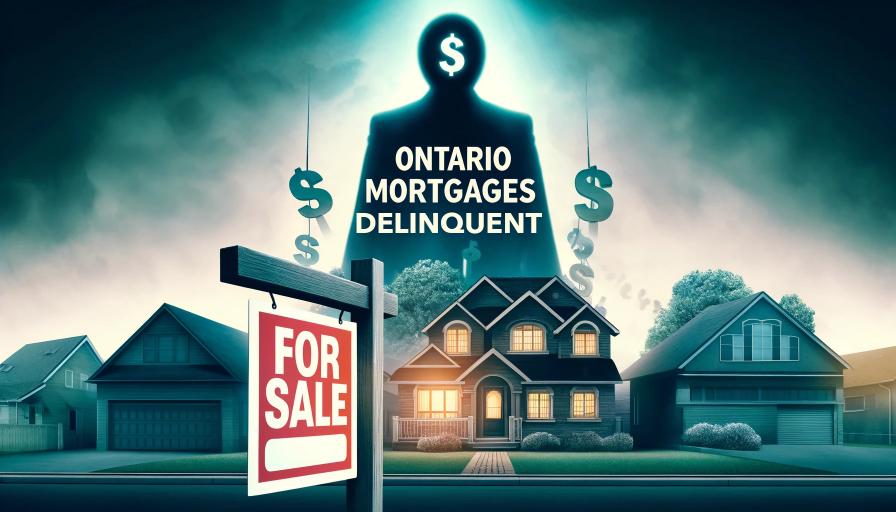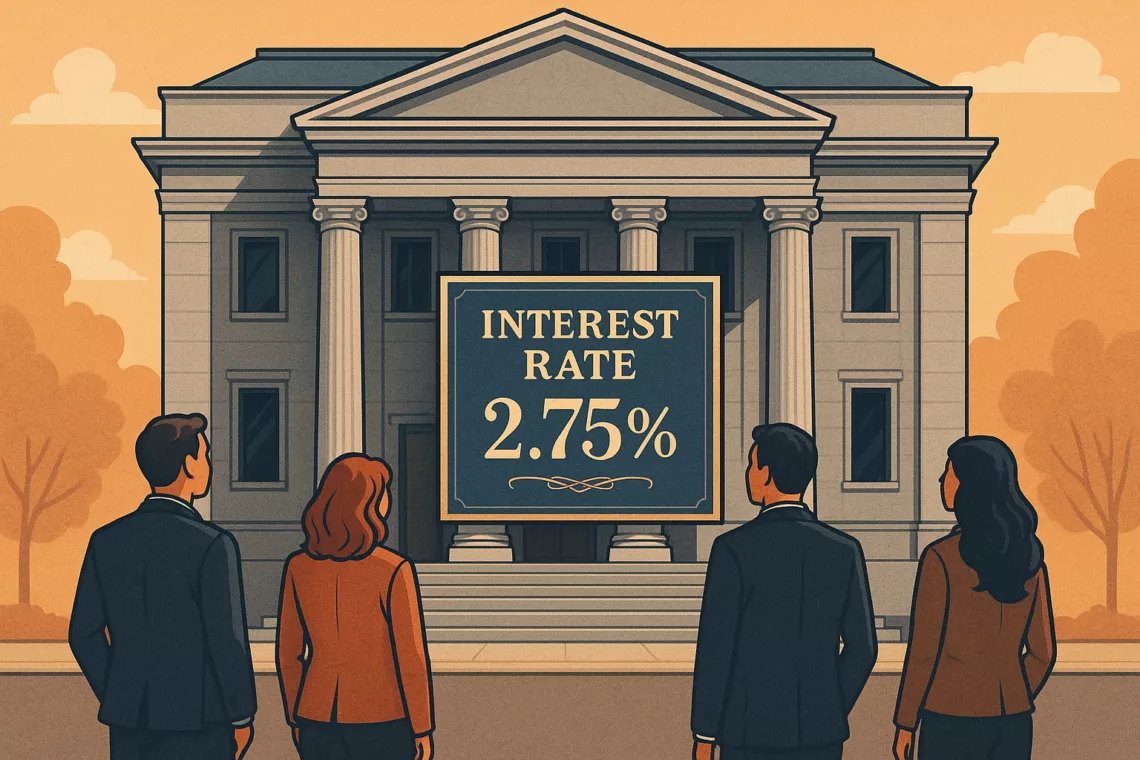
In a recent report by Equifax, startling figures have emerged highlighting the financial challenges many Ontarians are currently facing. With over $1 billion in mortgage delinquencies reported in the first quarter of 2024, the data underscores a significant strain on homeowners. Whether you’re selling, buying, or investing in properties, these developments could have a profound impact on your decisions in the real estate market. Here’s a detailed breakdown of the report and what it means for you.
What’s Happening in the Market?
According to Equifax, over 1.26 million consumers missed at least one payment on their credit commitments in the first quarter of 2024. This is the highest number since 2020, highlighting the financial strain many are under.
Mortgage Delinquencies on the Rise
A particularly alarming statistic is that the total mortgage balance reaching “severe delinquency” (90 days or more without payment) has surpassed $1 billion in Ontario for the first time. This amount is double what it was before the pandemic. So, what does this mean for you?
- For Home Sellers: If you’re thinking about selling your property, be aware that potential buyers might be facing financial difficulties, which could influence their purchasing power. Pricing your home competitively and understanding the market dynamics are crucial.
- For Home Buyers: Higher interest rates are making mortgages more expensive, with around 9% of renewed mortgages seeing monthly payments increase by over $500. This might impact your budget and the type of property you can afford.
- For Investors: The increase in mortgage delinquencies could signal potential opportunities for purchasing distressed properties. However, it’s essential to tread carefully and do thorough research.
Rental Market Impact
Even if you’re not holding a mortgage, the financial strain is still palpable. Rental prices continue to rise, adding another layer of financial pressure on renters.
Unemployment and Interest Rates
The unemployment rate in Ontario has risen to 6.7% as of May 2024, up from 6.2% in January. Coupled with higher interest rates, this puts additional strain on both consumers and corporations.
Last week, the Bank of Canada made a modest cut to its policy interest rate, but experts suggest it’s not enough to provide significant relief just yet.
Regional Insights
Mortgage delinquency rates have notably increased in Toronto and Vancouver. In Toronto, the rate rose to 0.14% in Q1 2024 from 0.09% in Q1 2020, and in Vancouver, it increased to 0.14% from 0.11%.
Broader Debt Concerns
Nationwide, consumer debt has risen to $2.46 trillion, with a 3.5% increase from the previous year. More than 1.26 million Canadians have missed at least one credit payment. Auto loans and lines of credit are particularly at risk of missed payments, which indicates that financial struggles are widespread.
What You Can Do
- Stay Informed: Regularly check your credit score and stay on top of your financial health.
- Shop Around: Look for better mortgage rates and consider switching lenders if it can save you money.
- Explore Options: If you’re in Ontario and feeling the pinch, moving to a province with a lower cost of living might be worth considering.
Need Help?
Navigating the real estate market during these times can be challenging. If you have any questions or need personalized advice, don’t hesitate to reach out. We’re here to help you make informed decisions, whether you’re selling, buying, or investing.
Stay tuned for more updates and feel free to contact us with any questions!
Contact Us
Equip yourself with the knowledge to navigate the complexities of the 2024 real estate landscape confidently.



